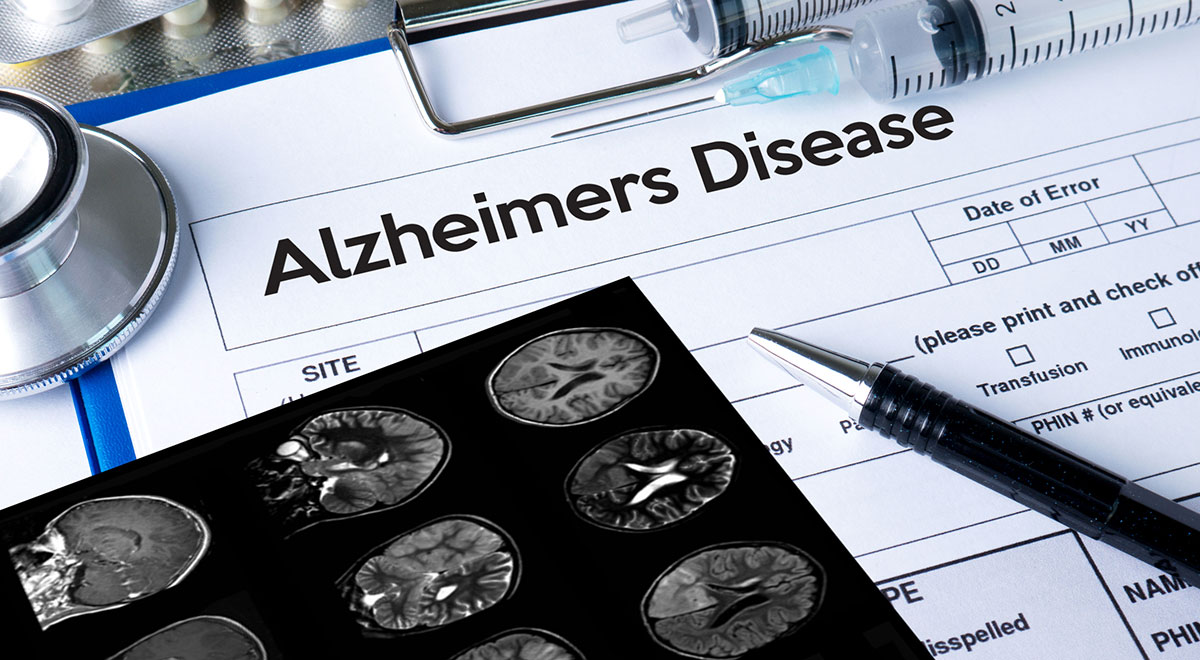New research published this month in Brain Research indicates that a type of diabetic drug, known as a GLP-1 receptor agonist, may help to reverse Alzheimer’s-related memory loss and provide new treatments for other chronic neurodegenerative diseases.
GLP (“Glucagon-Like Peptide”)-1 is an important hormone that stimulates the production of insulin in the pancreas during the digestive process. GLP-1 works on many different organs in order to lower blood sugar levels. Among other functions, it slows glucose absorption in the digestive tract, raises insulin levels when glucose levels are elevated, suppresses the brain’s appetite center, and regulates glucose uptake in muscle tissue.
Unfortunately, this hormone breaks down very quickly, so it is not effective in treating the symptoms of diabetes. GLP-1 agonists, which include exenatide medications such as Byetta and Bydureon, mimic natural GLP-1 – except they don’t break down as quickly, giving the medication more time to work.
In the recent study, laboratory mice that were genetically engineered to develop Alzheimer’s were given daily injections of a GLP-1 agonist. After a time, their cognitive abilities were assessed using a spatial water maze test. The mice demonstrated “significantly reduced memory loss.”
It turns out the medication reduced inflammation and oxidative stress in the brain while lowering the number of amyloid plaques – two factors in the development of Alzheimer’s disease. In addition, they found that the medication increased the levels of neuroprotective molecules as well as a substance known as BDNF (Brain-Derived Neurotrophic Factor), a protein that helps to maintain and protect nerve cells in the brain.
Treatment with GLP-1 agonists may not replace neurons that have been lost to Alzheimer’s – but it can help to heal damaged ones. According to Dr. Christian Hoscher, lead author of the study:
“The way the drug works is that it can help neurons to repair and restore their functions again. It cannot bring back dead neurons – once they are gone, they are gone. However, there are a lot of stressed neurons that are still alive but no longer function properly. That’s where the window of opportunity lies.”
Holscher notes that initial clinical trials are having the same results with human subjects. “A recent phase II clinical trial in Parkinson’s patients showed some really nice results, so we are getting close!” he says.
Diabetes is one of the risk factors for dementia. The study suggests that insulin signaling may be impaired in the brains of Alzheimer’s victims (keep in mind that glucose is what keeps the brain running). Still, that does not mean that just any diabetic medication will be effective in reversing dementia. So far, several of these drugs have been tested, including the venerable standby, metformin. Only GLP-1 agonists have produced any positive results.
The study is currently in Phase II. Studies on human subjects could begin during Phase III, which could take another 3 to 5 years, depending on funding. In a related story, billionaire philanthropist Bill Gates recently announced a $100 million initiative for the study of dementia, half of which comes from his own personal funds.

